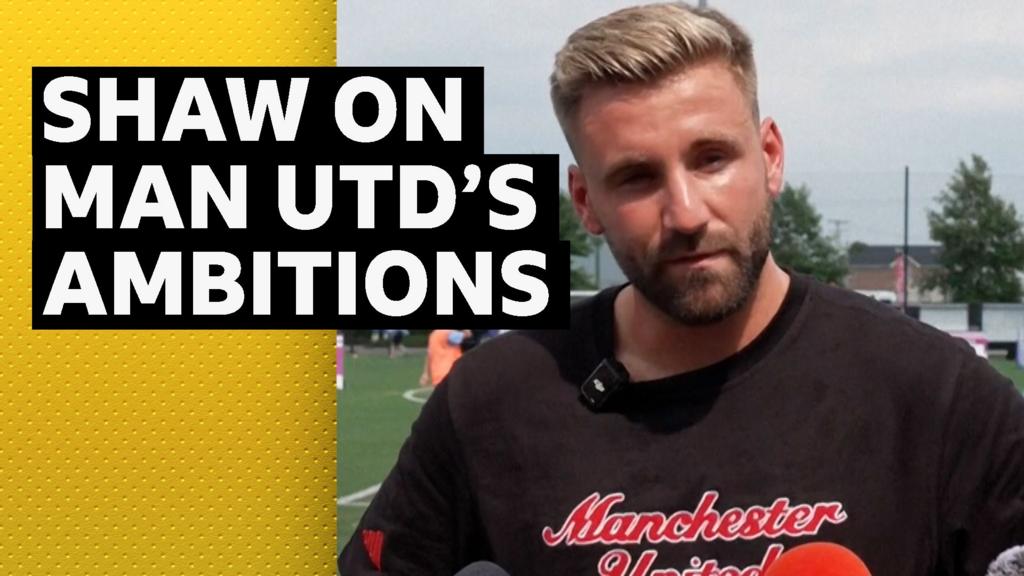
Luke Shaw's recent statement declaring Manchester United's aim "has to be to win the Premier League" is a bold one. However, is it grounded in reality, given the club's recent performance and the competitive landscape? A statistical review of Manchester United's recent seasons, coupled with a comparative analysis of their rivals, paints a more nuanced picture.
Firstly, let's address the elephant in the room: consistency. Examining United's league finishes over the past five seasons reveals a pattern of inconsistency. While they've flirted with top-four finishes, challenging for the title has remained elusive. Their points totals have fluctuated, indicating a struggle to maintain a high level of performance throughout an entire campaign. To win the Premier League, a team typically needs to amass 85+ points. United haven't achieved this since Sir Alex Ferguson's departure, a stark reminder of the challenge ahead.
Tactical system integration is another crucial factor. Under Erik ten Hag, there's been a clear attempt to implement a more structured and possession-based style of play. However, the data reveals inconsistencies in execution. Pass completion rates in the opponent's half, a key metric for assessing attacking efficiency, often lag behind title-contending rivals like Manchester City and Arsenal. Furthermore, the team's defensive solidity, measured by goals conceded and clean sheet percentages, needs significant improvement. Last season's 15th place finish is a major concern and without European competition will they be able to add depth to the squad?
The current competitive landscape is fiercely challenging. Manchester City, under Pep Guardiola, have set a new standard for Premier League dominance, consistently delivering high-scoring performances and maintaining exceptional defensive records. Arsenal, under Mikel Arteta, have emerged as serious contenders, showcasing a clear tactical identity and a strong squad. Liverpool, despite recent fluctuations, remain a formidable force. To challenge these teams, United need not only to improve their own performance but also to strategically strengthen their squad in key areas.
Historically, teams that have successfully transitioned from inconsistent performers to title winners have typically done so through a combination of shrewd recruitment, tactical innovation, and unwavering consistency. Consider Liverpool's transformation under Jurgen Klopp. They gradually built a squad capable of implementing his high-pressing, attacking style, and their data reflected a significant improvement in key metrics year after year. Can United replicate this model?
While Luke Shaw's ambition is admirable, the data suggests that Manchester United have a considerable amount of work to do to become genuine title contenders. A comparative outlook reveals that they are currently trailing behind their rivals in several key areas. Bridging this gap will require a focused and data-driven approach to recruitment, tactical development, and performance management. Only then can their ambition translate into tangible results.